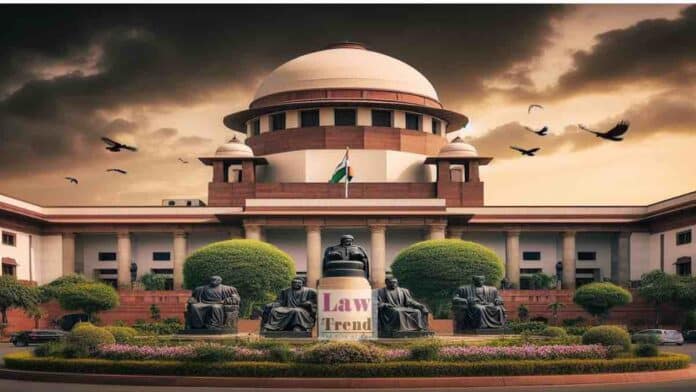In a significant ruling, the Supreme Court of India has reaffirmed that transfers of government employees should prioritize administrative efficiency and public interest over individual requests. This decision, delivered in Geetha V.M. & Ors. v. Rethnasenan K. & Ors., addressed a seniority dispute stemming from the restructuring of Kerala’s Directorate of Health Services (DHS) and
To Read More Please Subscribe to VIP Membership for Unlimited Access to All the Articles, Download Available Copies of Judgments/Order, Acess to Central/State Bare Acts, Advertisement Free Content, Access to More than 4000 Legal Drafts( Readymade Editable Formats of Suits, Petitions, Writs, Legal Notices, Divorce Petitions, 138 Notices, Bail Applications etc.) in Hindi and English.




